You have not yet added any article to your bookmarks!

Join 10k+ people to get notified about new posts, news and tips.
Do not worry we don't spam!
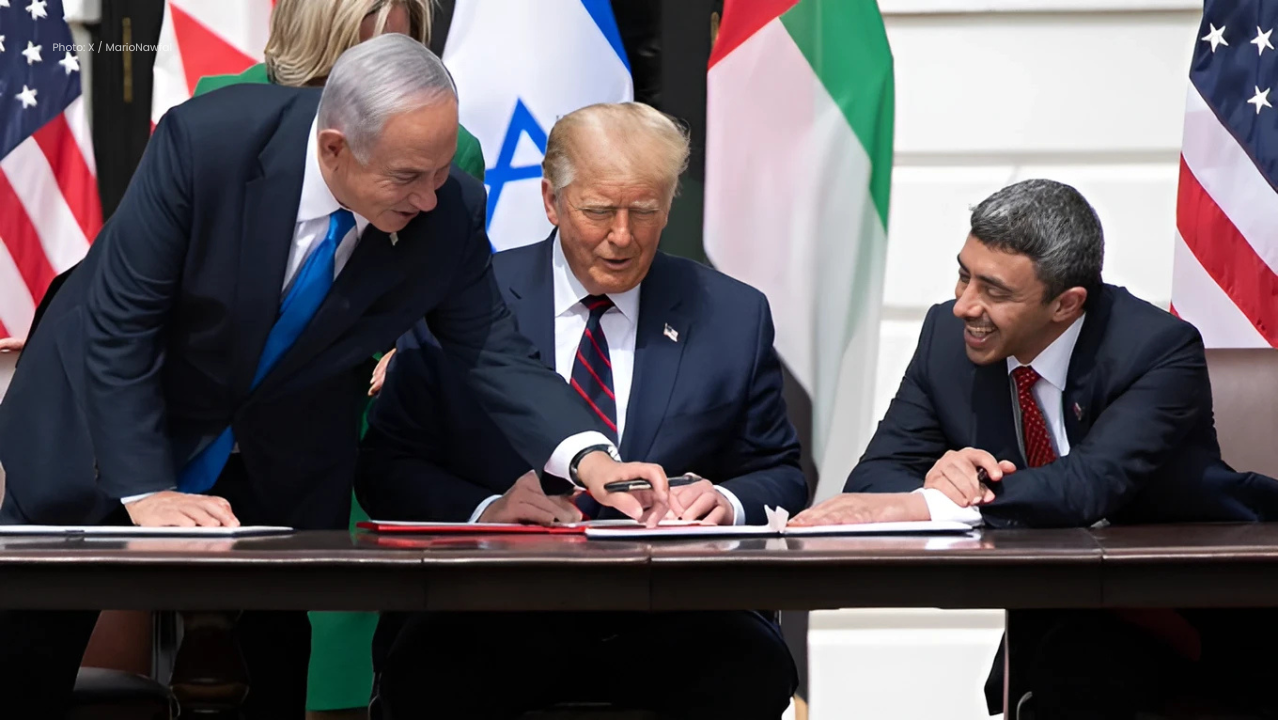
Post by : Sameer Farouq
Relations between the United Arab Emirates (UAE) and Israel, once celebrated as a major breakthrough in the Middle East, are now facing a serious test. Sources have revealed that Abu Dhabi is considering reducing its diplomatic ties with Israel if the Israeli government proceeds with plans to annex parts of the occupied West Bank.
The UAE is one of only a handful of Arab states to have formal diplomatic relations with Israel. Downgrading ties would be a significant setback for the Abraham Accords, the historic agreement signed in 2020 that normalized relations between Israel, the UAE, Bahrain, and later Morocco. That deal was promoted strongly by then U.S. President Donald Trump and Israeli Prime Minister Benjamin Netanyahu.
Israel captured the West Bank and East Jerusalem during the 1967 war. Since then, much of the territory has remained disputed, with Palestinians demanding it as part of their future state. The United Nations and most countries oppose annexation, saying it violates international law.
Recently, Israeli officials have been discussing maps and plans to formally annex large parts of the West Bank. Finance Minister Bezalel Smotrich and National Security Minister Itamar Ben-Gvir are among those urging Netanyahu to move forward. Netanyahu’s ruling coalition heavily depends on right-wing parties that support annexation. With elections expected next year, such a step could be used to win nationalist votes.
Abu Dhabi has already issued warnings to Netanyahu’s coalition. Earlier this month, Emirati officials told Israel that annexing the West Bank would be a “red line” for the Gulf state. According to insiders, one possible response under consideration would be withdrawing the UAE’s ambassador from Israel.
However, sources stressed that the UAE was not planning to cut ties completely. Instead, it might downgrade relations, a symbolic but powerful signal of its disapproval.
When the Abraham Accords were signed, relations between Israel and the UAE blossomed. Business, tourism, and security cooperation grew quickly. But the Gaza war, which has lasted nearly two years, has severely strained the relationship.
Israeli Prime Minister Netanyahu has not visited the UAE even five years after ties were formalized. Meanwhile, Emirati officials have grown increasingly critical of Israel’s policies toward Palestinians.
Signs of tension have already appeared. For example, Israeli defense companies have been barred from participating in the Dubai Airshow this November, one of the region’s biggest aerospace and defense events.
The UAE has repeatedly emphasized that the creation of an independent Palestinian state alongside Israel is essential for peace and stability in the region. Officials in Abu Dhabi have also condemned Israeli settlement expansion in the West Bank and attempts to change the status quo at Jerusalem’s Al Aqsa compound, a site sacred to both Muslims and Jews.
In September, Emirati diplomat Lana Nusseibeh warned that annexation would jeopardize the Abraham Accords and block regional integration. Around the same time, the UAE condemned an Israeli airstrike in Qatar that targeted Hamas leaders.
For Netanyahu, annexation could boost domestic political support. But it risks angering regional allies who supported the Abraham Accords, including the UAE. Losing Emirati cooperation would not only damage Israel’s diplomatic achievements but also harm trade and business links that were developing between the two nations.
At the same time, the UAE is carefully balancing its regional role. While it is not planning to break ties completely, downgrading relations would send a clear message to Israel and other countries: that Palestinian rights and regional stability remain central to its foreign policy.
The coming months will determine whether Israel proceeds with annexation and whether the UAE follows through with its warning. The outcome will shape not just bilateral ties but the future of the Abraham Accords and the broader Middle East peace process.

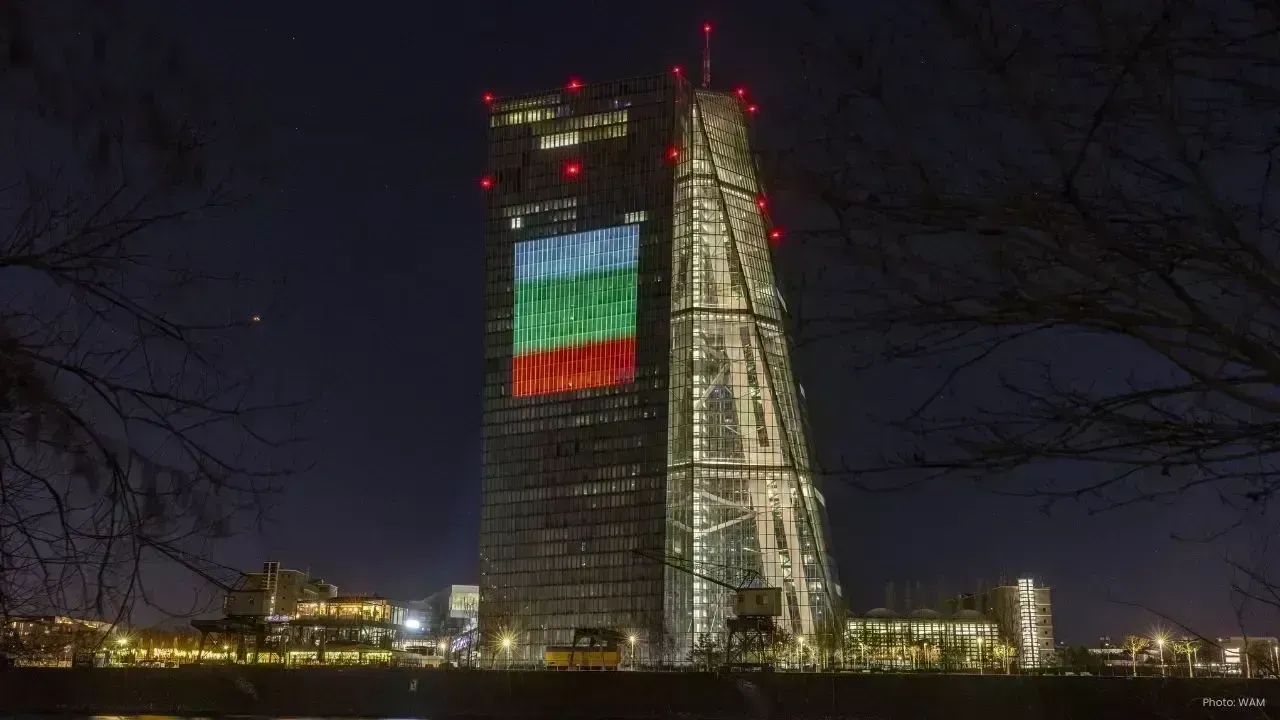

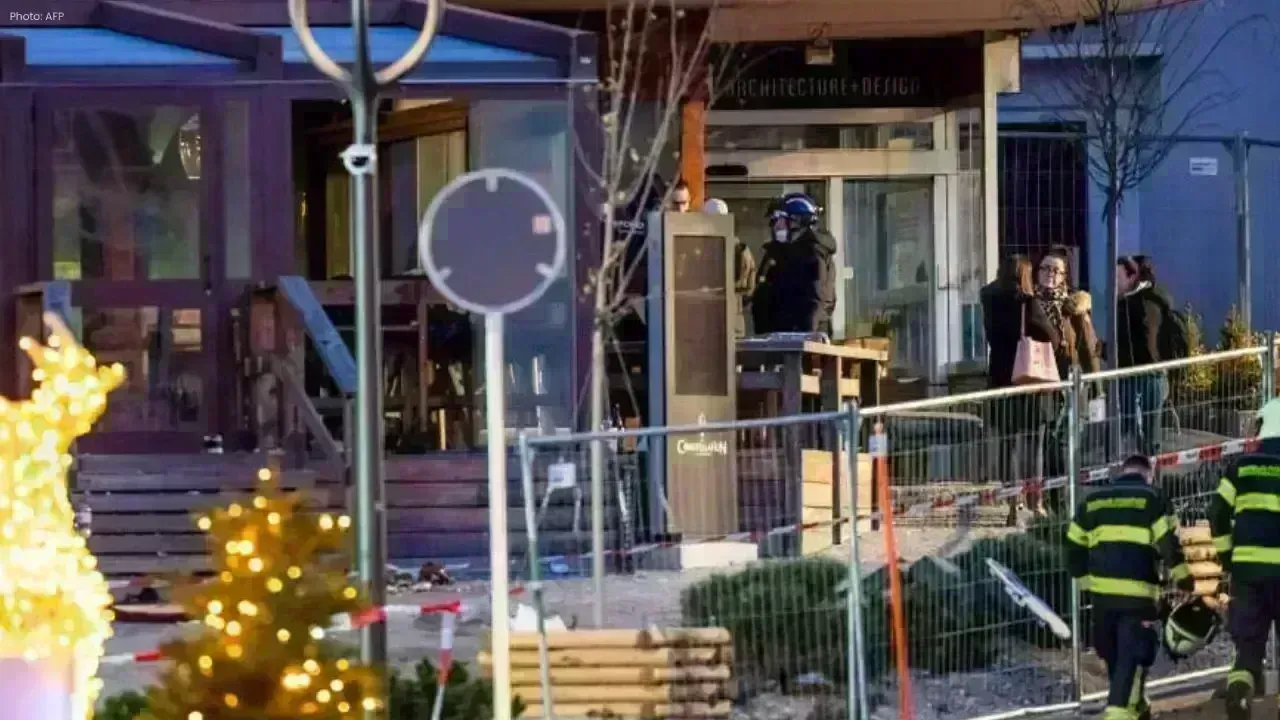


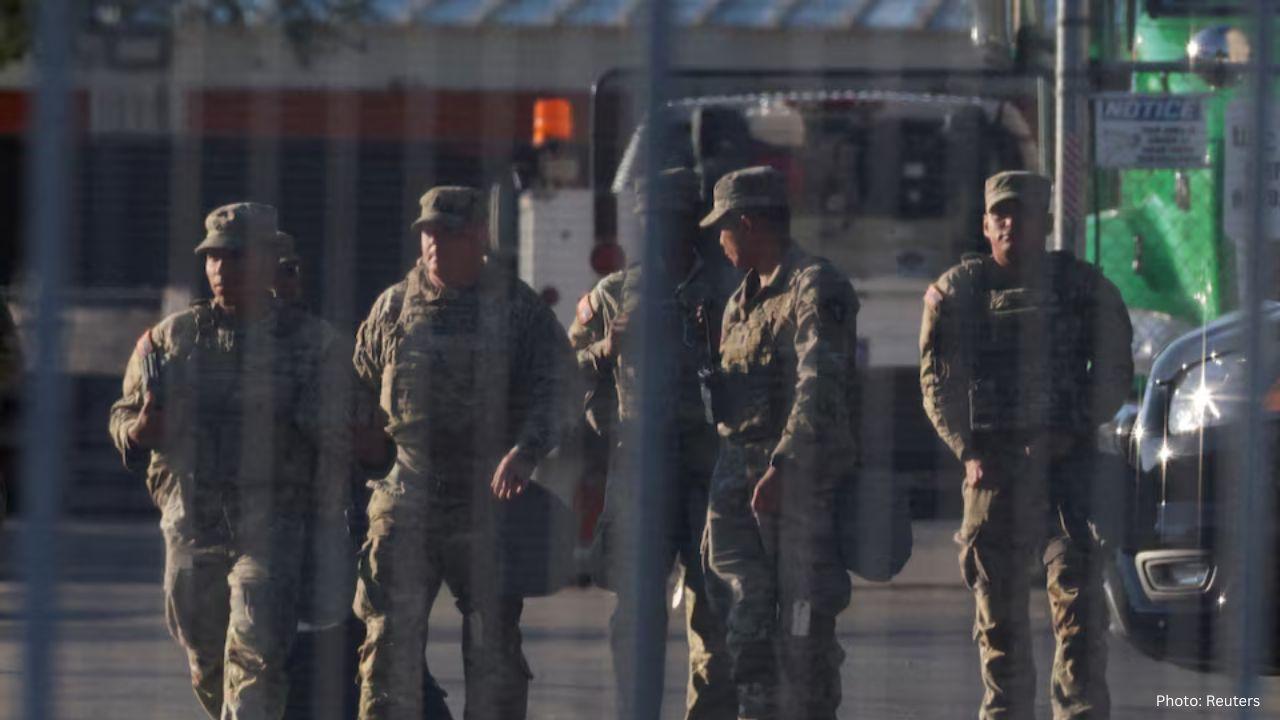



Dhurandhar Day 27 Box Office: Ranveer Singh’s Spy Thriller Soars Big
Dhurandhar earns ₹1117 crore worldwide by day 27, becoming one of 2026’s biggest hits. Ranveer Singh
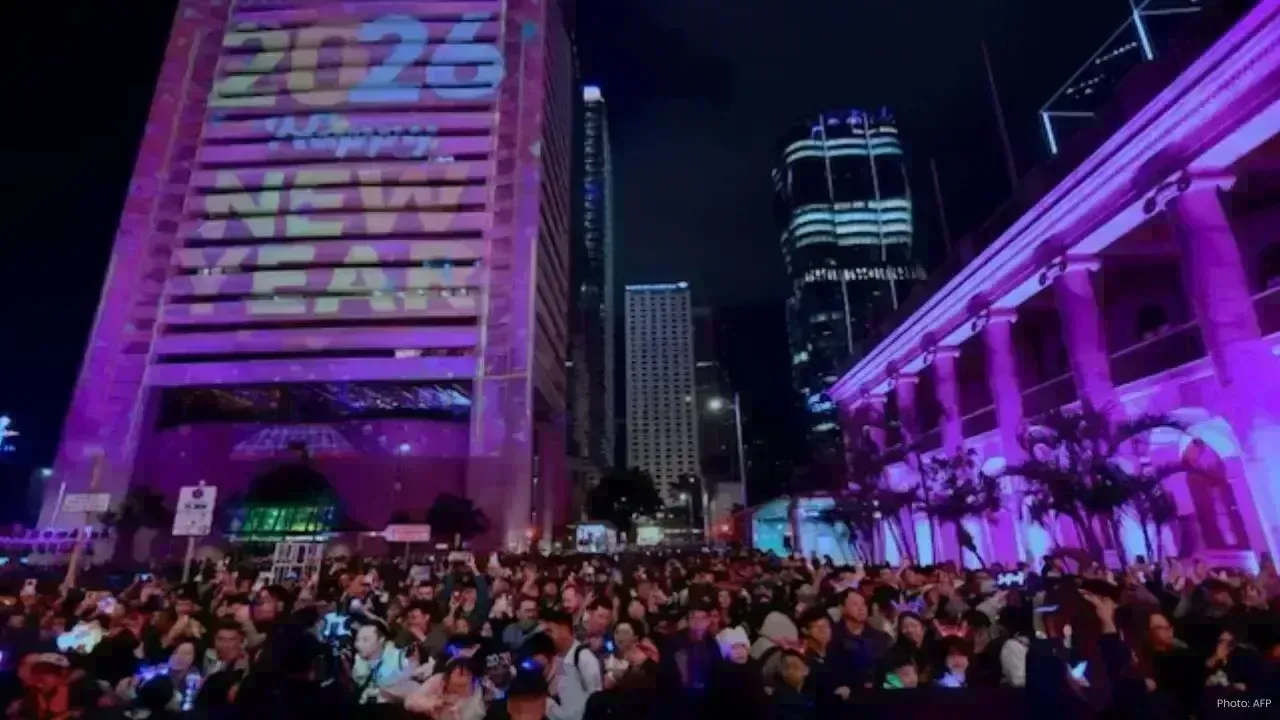
Hong Kong Welcomes 2026 Without Fireworks After Deadly Fire
Hong Kong rang in 2026 without fireworks for the first time in years, choosing light shows and music

Ranveer Singh’s Dhurandhar Hits ₹1000 Cr Despite Gulf Ban Loss
Dhurandhar crosses ₹1000 crore globally but loses $10M as Gulf nations ban the film. Fans in holiday

China Claims India-Pakistan Peace Role Amid India’s Firm Denial
China claims to have mediated peace between India and Pakistan, but India rejects third-party involv

Mel Gibson and Rosalind Ross Split After Nearly a Decade Together
Mel Gibson and Rosalind Ross confirm split after nearly a year. They will continue co-parenting thei

Rashmika Mandanna, Vijay Deverakonda Set to Marry on Feb 26
Rashmika Mandanna and Vijay Deverakonda are reportedly set to marry on February 26, 2026, in a priva